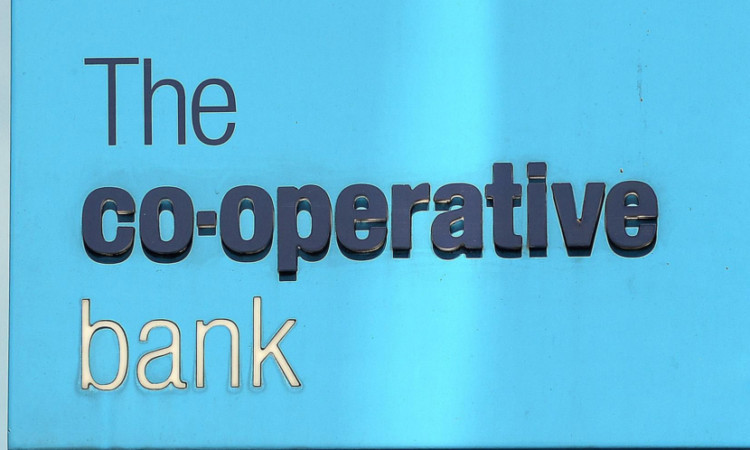Around 50 Co-operative Bank branches are likely to close as control of the troubled finance house is handed to a group of investors under the terms of a revised rescue plan.
The Co-operative Group said investors who bought bonds in its banking arm, including US hedge funds, would be given 70% of the bank, leaving it with a 30% stake.
The new rescue plan aims to plug a £1.5 billion black hole in the bank’s finances caused by the purchase of the Britannia Building Society, and an aborted attempt to buy hundreds of Lloyds Bank branches.
The funerals-to-supermarkets group had initially hoped to retain control of the ethical lender by giving bond investors a minority stake in return for a £500 million loss on their debt.
However, bondholders, including US hedge funds Aurelius Capital Management and Silver Point Capital, will instead take control of the bank under a new plan which will see it list on the stock market next year.
The Co-op warned the bank would fall into state hands through the resolution process if investors did not back the plan.
Around 50 of the bank’s 324 branches would be axed under the restructure while costs are also set to be cut across its call centre estate as investment in digital and self-service banking increases.
Group chief executive Euan Sutherland admitted there would be ”significant” job losses, but it was unclear last night how many of the bank’s 9,000-strong workforce face redundancy.
The Co-op’s loss of control of the bank has raised concerns, but the mutual insisted it had not seen a customer exodus, and its values and ethics would be “legally embedded” in the lender’s new rules.
Mr Sutherland said: “We recognise the huge importance of ethics and values for all our customers and remain committed to upholding them.”
The turnaround is expected to take four to five years and will see the bank’s focus shift to households and small and medium-sized business customers.
The Co-op added that the bank’s outlook remained “challenging”, although monthly bad debt charges have fallen.
The fund-raising has been forced on the bank by City regulators after it endured heavy losses in recent years, including a half-year deficit of £709.4m, following its takeover of Britannia Building Society in 2009.
The Co-op said the plan has been backed by the Financial Conduct Authority and Prudential Regulation Authority, who are demanding it finds £1.5bn of capital as a buffer against future crises.
Retail investors such as pensioners who bought the bank’s bonds for a steady income will be offered a choice between two types of bond, one paying income and another repaying the principal they invested, although they will still suffer losses.
Mark Taber, who campaigned for retail investors, said: “This deal has been extremely hard-fought and is now a much better solution for retail holders and pensioners.”
The Co-op Group will contribute £462m to the bank’s turnaround, including £129m handed to retail investors, £333m in cash and £40m in interest savings.
A vote is likely to place next month, with binding commitments to the plan from hedge funds and support from other investors.
